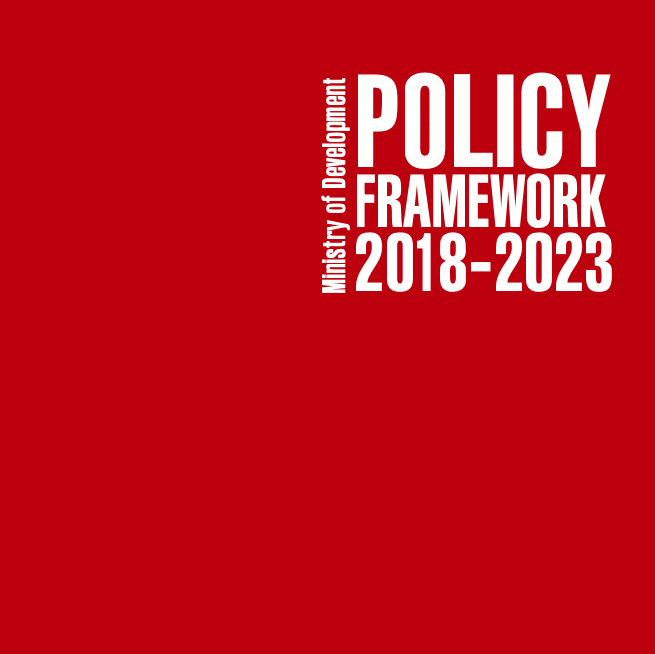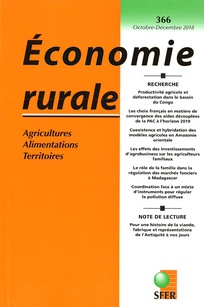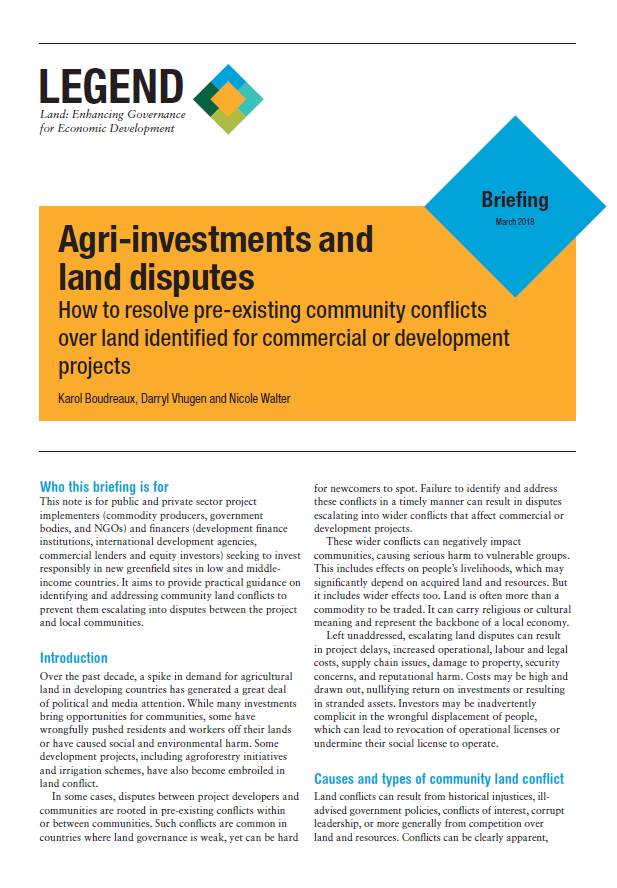The ASEAN Guidelines on Promoting Responsible Investment in Food, Agriculture and Forestry
The ASEAN Guidelines on Promoting Responsible Investment in Food, Agriculture and Forestry are part of a broad range of initiatives aimed at ensuring that investments in agriculture meet global standards and promote responsible and sustainable investment. The primary purpose of the Guidelines is to promote investment in food, agriculture and forestry in the ASEAN region that contributes to regional economic development, food and nutrition security, food safety and equitable benefits, as well as the sustainable use of natural resources.







